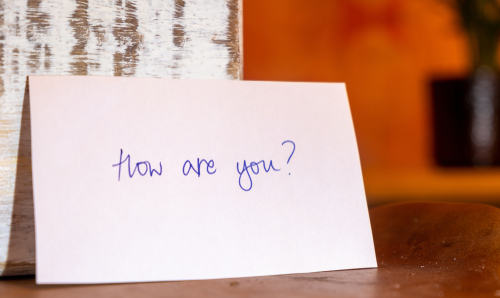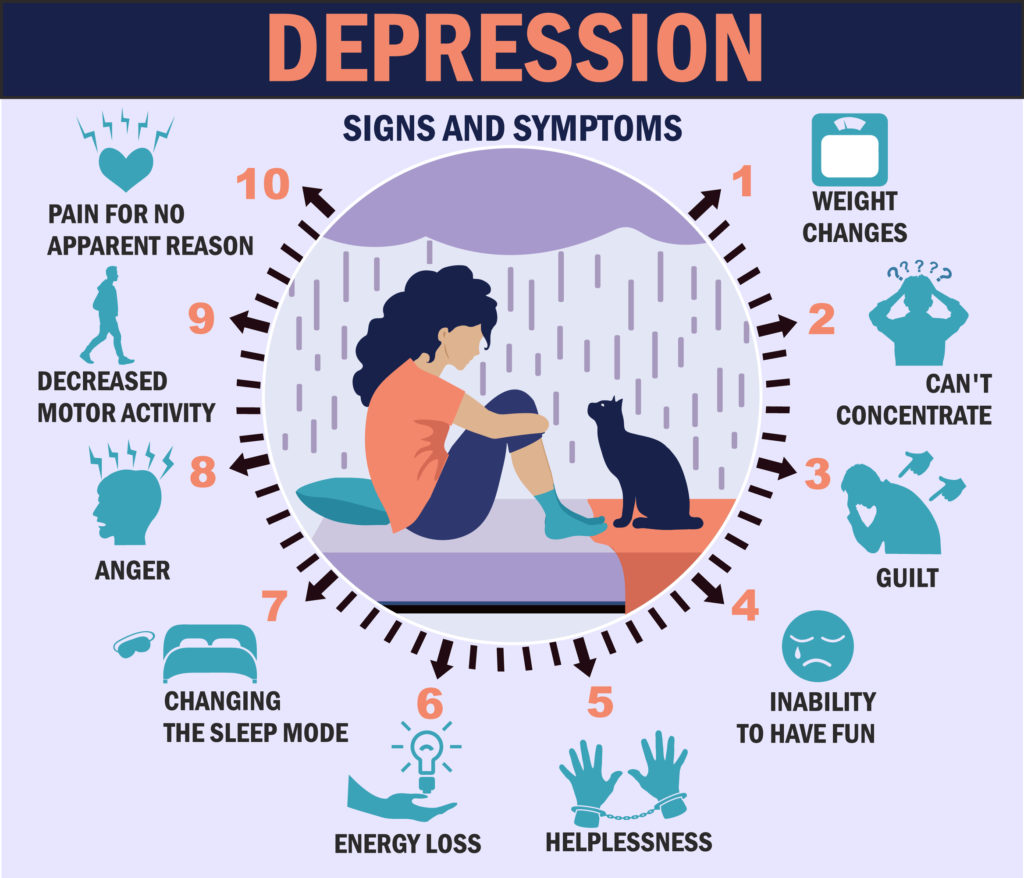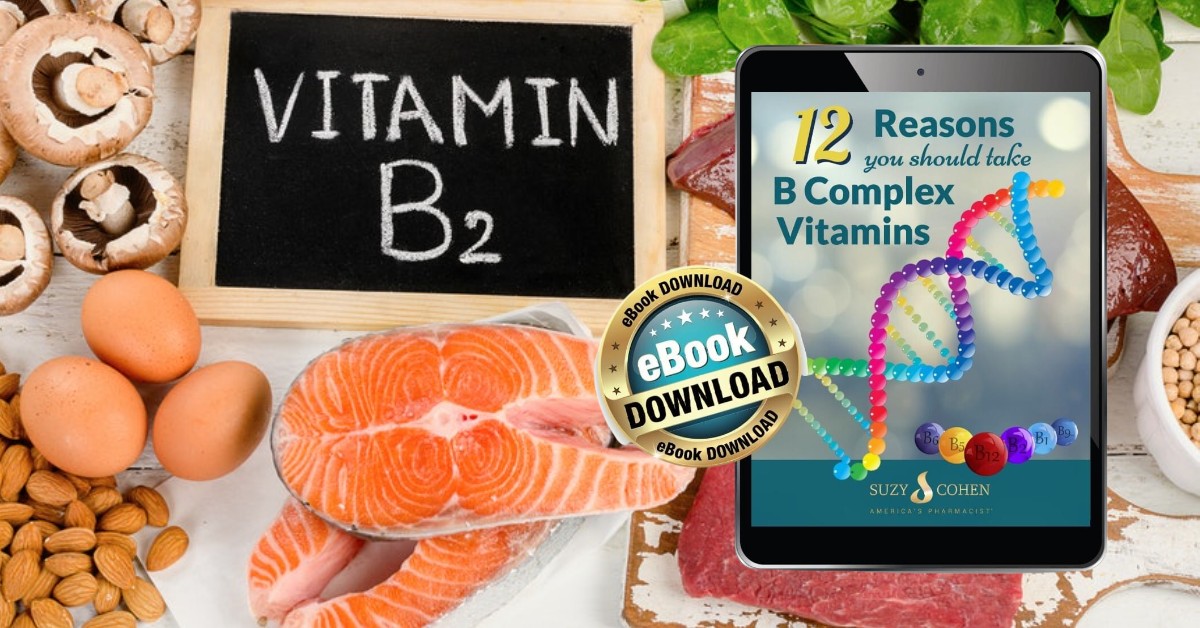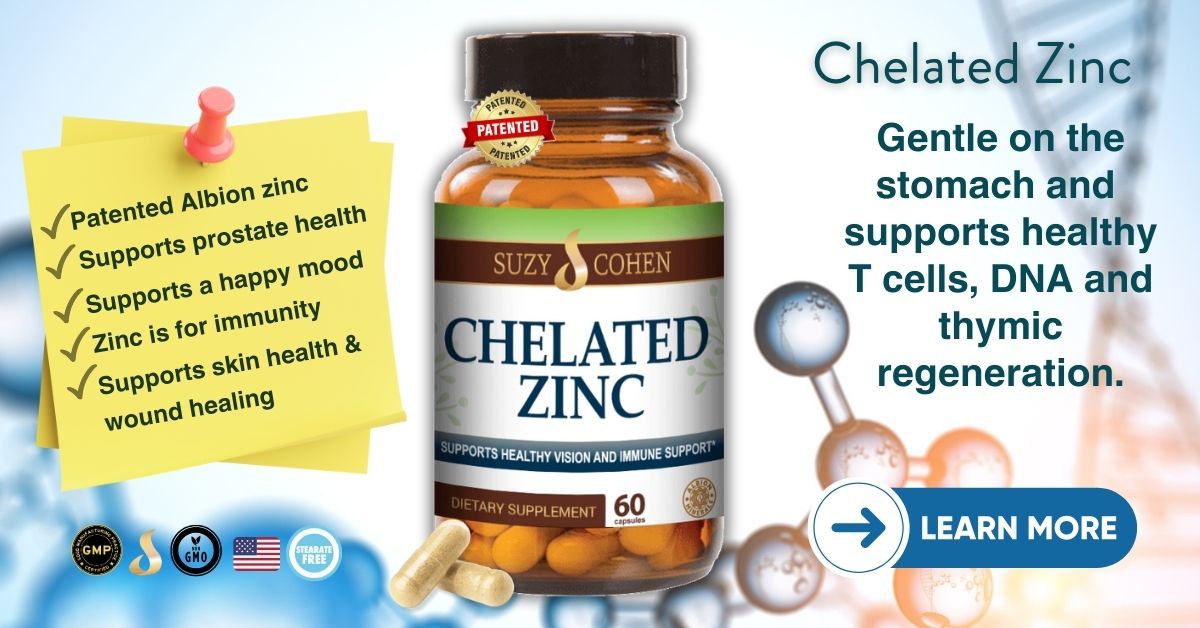What's On This Page?
ToggleDuring the height of the pandemic, the loneliness of people all around the world increased. As such, mental health problems increased as well.
We saw many contributory factors from the lockdowns, to the effects of physically distancing ourselves from loved ones, social isolation, personal and financial loss, loss of loved ones, constant fear of catching the illness and crumbling trust for many institutions. We are living in times of uncertainty and there’s more on our mental ‘plates’ including worrying about your children’s safety, aging parents, retirement, money problems, inflation and more.
It’s microstressors too, especially social media. But not one of those things is to blame necessarily, it is a cumulative mountain of issues that weighs the psyche down these days that has never before been seen in human history. It’s a tough time to be a mom or a dad… to be a teenager, or a senior. It’s tough for everyone for one thing or another.

I got to thinking about all this since May is Mental Health Awareness Month. Down lower you will find several natural ways to control biomarkers like IL-8 and homocysteine because those two things go up when one is chronically stressed. Before I get to something you can “take,” let me talk to you about 3 simple stress-relievers you can do!
Workouts are uplifting for mental health
Exercising has always been one way to release pent up energy, anger or stress. There’s no denying that! So let’s re-affirm the value of exercising first. It works by providing a boost of dopamine and other endorphins which then reduces the sensation of pain, and makes you feel content and happy.
It’s also distracting. Even though going to the gym, or a run through the neighborhood can be physically stressful, doing yoga, pilates, dance, whatever… the research is clear – the gains in dopamine and serotonin will reduce cortisol and epinephrine and cause a lovely rush of endorphins. You need about 30 minutes of exercise to realize the benefits. There are many live-streams today for various workouts.
Social media affects your mental health as well
All of it. Get off the news apps. Turn it all off, and find some hobby to do that has nothing to do with your phone or computer. Maybe take up gardening, music, singing, exercise, a new job, volunteering or scrapbooking.

Eating can give you joy.
Your meals are critical. If you fill your body with foods that have very little nutritional density, you will not feel content. The use of artificial ingredients and sugar in foods are rampant, making certain meals difficult to digest, and hard on your liver, pancreas and entire colon.
I’m not going to give you a specific meal plan, or food list because I know you know what to eat, and what not to eat. You will feel more clear-headed and happy if you include more fresh foods, than those that come in bags and boxes.
It’s pretty simple and what it does is impact your serotonin levels. Serotonin is a feel-good neurotransmitter that people associate as an antidepressant made in the brain. But 90% of your serotonin is actually manufactured in your intestinal tract, hence certain foods can make you feel good! Food that are leafy and green in nature provide natural folate. Taking acid blockers for stomach pain or reflux can block production of B vitamins leading to severe depression. Read, How Popular Medications Wipe out Folate and Lead to Depression.
Will eating right and exercising help you overcome anxiety? Perhaps, in some cases of mild stress, but deep-seated anxiety and serious mental health issues do not occur because you had one Snicker’s too many! It’s from some type of imbalance in the body, it could be too much estrogen or cortisol, too little GABA, or B12.
Did you know that having hypothyroidism that is improperly treated with lead to depression and/or anxiety and OCD? I wrote an article about this, Hypothyroidism Often Mistaken for OCD, Depression and Anxiety. There are certain biomarkers involved in long-term stress. I’d like to focus on those today, and offer natural options to help mitigate them.
3 biomarkers that are elevated in many mental and emotional health conditions:
Reduced Serotonin – is a feel-good neurotransmitter that people associate as an antidepressant made in the brain. But 90 percent is actually made in the intestinal tract, hence certain foods can make you feel good! A natural precursor to this hormone is 5-HTP. You probably know this, when serotonin breaks down, it makes you feel sleepy because it creates melatonin, the sleep hormone! Here are some Natural Treatment Options for Anxiety.
High homocysteine – If you have hyperhomocysteinemia, you’re more likely to have depression and anxiety. This is a compound that is measured via a blood sample. It is reduced by folate (5-MTHF) and B12, and sometimes some riboflavin… in other words, a good B Complex. Reducing homocysteine could easily contribute to feeling less pain in the body, and as well as more calm. That should make total sense because folate and/or B12 deficiency are huge leading factors in both hyperhomocysteinemia, and depression. You may be interested in reading my article “Homocysteine is connected to mood and mental health” and there’s also more information in The Rotterdam Study.
CLICK HERE to see my Mito B Complex formulation.
High Interleukin 8 (IL-8) – This compound is released by fat cells and fatty tissue in humans. The body sometimes makes too much of this cytokine and it is often elevated in psychiatric illness such as bipolar disorder, schizophrenia, autism spectrum disorder, dementia, anxiety and others. Too much IL-8 is pro-inflammatory and you can learn more in this PAPER. Having high homocysteine will raise IL-8 by the way, as does smoking and high doses of estrogenic supplements or testosterone.
When IL-8 is higher, there is a correlation of less gray matter in the hippocampus, according to studies, so we definitely see a negative correlation in the brain with elevated IL-8. Higher amounts shrink the brain! In addition to mental health disorders, IL-8 is also associated with thyroid cancer, colitis, gingivitis, myeloma, breast/prostate cancer, migraines, rheumatoid arthritis, vitiligo and asthma. It’s definitely a pro-inflammatory cytokine that you should seek to control. High intensity workouts reduce IL-8, in part by reducing the number of fat cells which produce IL-8.
Some herbal/natural ways to reduce IL-8 include black cumin seed oil, andrographis, grape seed extract, bromelain, resveratrol, cinnamon and vitamin E. Conventional medications that might reduce IL-8 include ACE inhibitors (ie enalapril), progesterone, and dexamethasone.
A few other things that help with mental health, and the reduction of psychotic symptoms, anxiety and depression include glycine, ginkgo, vitamin B6 and possibly vitamin C. As for medications, the benzodiazepines target GABA receptors in the body. Natural counterparts work in a similar fashion: Magnolia herb, kava, California poppy and taurine.
Magnesium is an all-around good mineral that people recognize as calming. Leafy greens contain a lot of magnesium, and of course you can supplement if you prefer. It helps with relaxation, tranquility and attention span, as well as focus. Here’s an ARTICLE on Magnesium’s amazing benefits. If you have a dog, or a cat, spend a little more play time with it. Animals just have a way!
This is such a difficult topic to cover for me, as a pharmacist writing an opinion piece… please understand that I am not a doctor, or a qualified mental health expert. You must make an appointment with a true professional in this regard, and of course, your regular physician who can run lab tests, hormone tests, and other tests or imaging to help you.
In closing, I want to give honorable mention to genes. I didn’t have time to cover these, but having a certain genetic make up can cause a person to feel more challenges with coping, and this is hard to overcome unless you know what gene SNP you have, and the nutritional supplements that create a suitable work-around.
For example, NAC or glutathione are helpful with COMT polymorphisms, but it’s not really that simple. You should consult with a professional on this, because you’re never just dealing with one gene. For example, this PAPER talks about how not one, but nine different genes influence a person’s susceptibility to bipolar disorder through various mechanisms!

Suzy Cohen, has been a licensed pharmacist for over 30 years and believes the best approach to chronic illness is a combination of natural medicine and conventional. She founded her own dietary supplement company specializing in custom-formulas, some of which have patents. With a special focus on functional medicine, thyroid health and drug nutrient depletion, Suzy is the author of several related books including Thyroid Healthy, Drug Muggers, Diabetes Without Drugs, and a nationally syndicated column.


